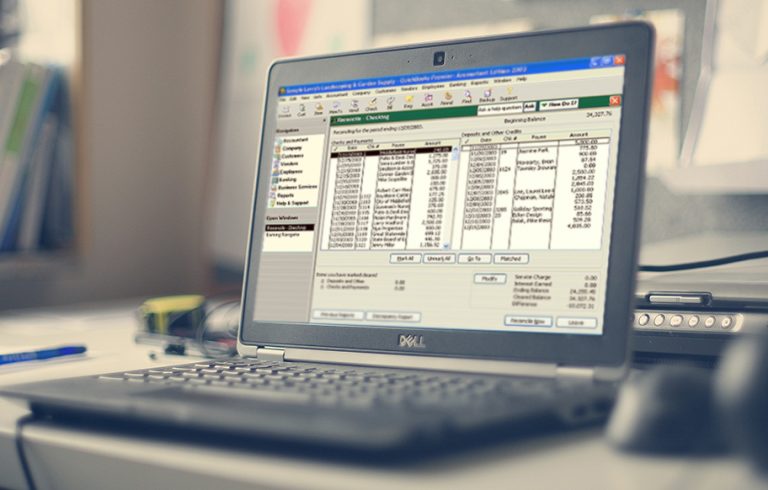Evaluation and monitoring are the primary duties of the account officer. The job involves checking the accounting work of others for accuracy while also evaluating the numbers themselves to advise future budgeting. You should also be able to recognize the strengths and weaknesses of the company.
A bachelor’s degree in accounting or related fields is an essential educational credential for an account officer. Awareness of accounting standards, budgeting, auditing, and business management enables accounting officers to carry out their duties, which differ from organization to organization.
If you enjoy dealing with numbers and have a knack for information, becoming an account officer could be an ideal career choice. The account officer handles payments and remains vigilant about paying the expenses that are due. The backbone of every organization’s accounting process, the account officer knows where every penny goes

The Daily Grind Of An Accounts Officer
Account officers oversee a company’s or organization’s finances. Every day, they issue invoices, register payments, and monitor the organization’s expenditures.
For certain situations, the officer directs other team members who help with accounting activities. In this position, attention to detail is of utmost importance. Every cost must be cross-checked with the corresponding invoice to ensure that the invoice is correct.
Communicating with customers is a daily task with this kind of job. Account officers deliver bills to clients, issue refunds, deal with collection agencies on past-due accounts and seek to settle billing conflicts.
What It Takes
You may become an account officer after finishing high school. Still, some post-secondary schooling would boost your chances of finding a position in the industry. The best training for this work is to attend a community college and learn about basic accounting and bookkeeping.
The course subjects include financial data analysis and reporting, accounting theory, bookkeeping methods, programming techniques, payroll accounting, and tax planning.
In this role, knowledge of database and spreadsheet programs, computer literacy, and the ability to meet deadlines are essential. Besides taking college classes, having a qualified bookkeeper credential would increase your market value.
The Basics
An account officer checks financial reports and other records from a company to ensure they are correct. Documents subject to their examination contain invoices, receipts, ledgers, and instructions for purchases.
The officer checks account books and ensures that a company’s spending records and earnings are accurate. An officer may also analyze all other budgetary operations and certify compliance with accounting and regulatory criteria.
Moreover, the officer also refers the matter to management for compensation in the event of any misappropriation of funds, as shown by the financial statements.
It is the responsibility of the accounts and finance bureau to prepare an annual budget for a company. The officer assists in formulating and tracking a company’s budget and provides guidance on budget allocation.
Skills And Responsibilities
The accounting officer controls expenditure, sales, and use of corporate capital to ensure that companies work under budget. They also offer monthly or quarterly reports on budgetary results to management. The officer can provide advice on required changes to remain within a given year’s budget.
Those in this position should have a comprehensive understanding of a firm’s financial vulnerabilities and strengths. The account officer assesses internal financial management processes, practices, and business risks. They offer management advice on how to improve the financial position of the company.
The officer can, for instance, recommend a program to enhance financial records management. An account officer recognizes a company’s industry dynamics and financial mishaps and advises management on how to improve income and reduce loss.
An account officer has the responsibility to handle both a company’s general and subsidiary accounts. They are responsible for depositing revenue in the appropriate accounts earned by a company.
The account officer works with a business auditor to ensure that their accounts are adequately scrutinized and that there is sufficient documentation for expenditure and revenue.
The officer prepares the annual financial statement from the information from the business reports and its financial documents. They also enable the audit of a firm’s accounts.

Conclusion
In response to the robust and public profile of global corporate scandals and financial crises, interest in accounting has been growing. Stricter laws and legislation are creating rising competition for services as companies seek to meet new standards. In addition, tighter lending standards are expected to make audits more relevant, the BLS says.
Do your skills lie with company, economy, and people, but you’re not sure that accounting is right for you? Bookkeeping, budget analysis, business administration, personal financial advice, and teaching are related occupations worth pursuing.
Also read – Online Accounting Clerk Jobs – How to Apply?












